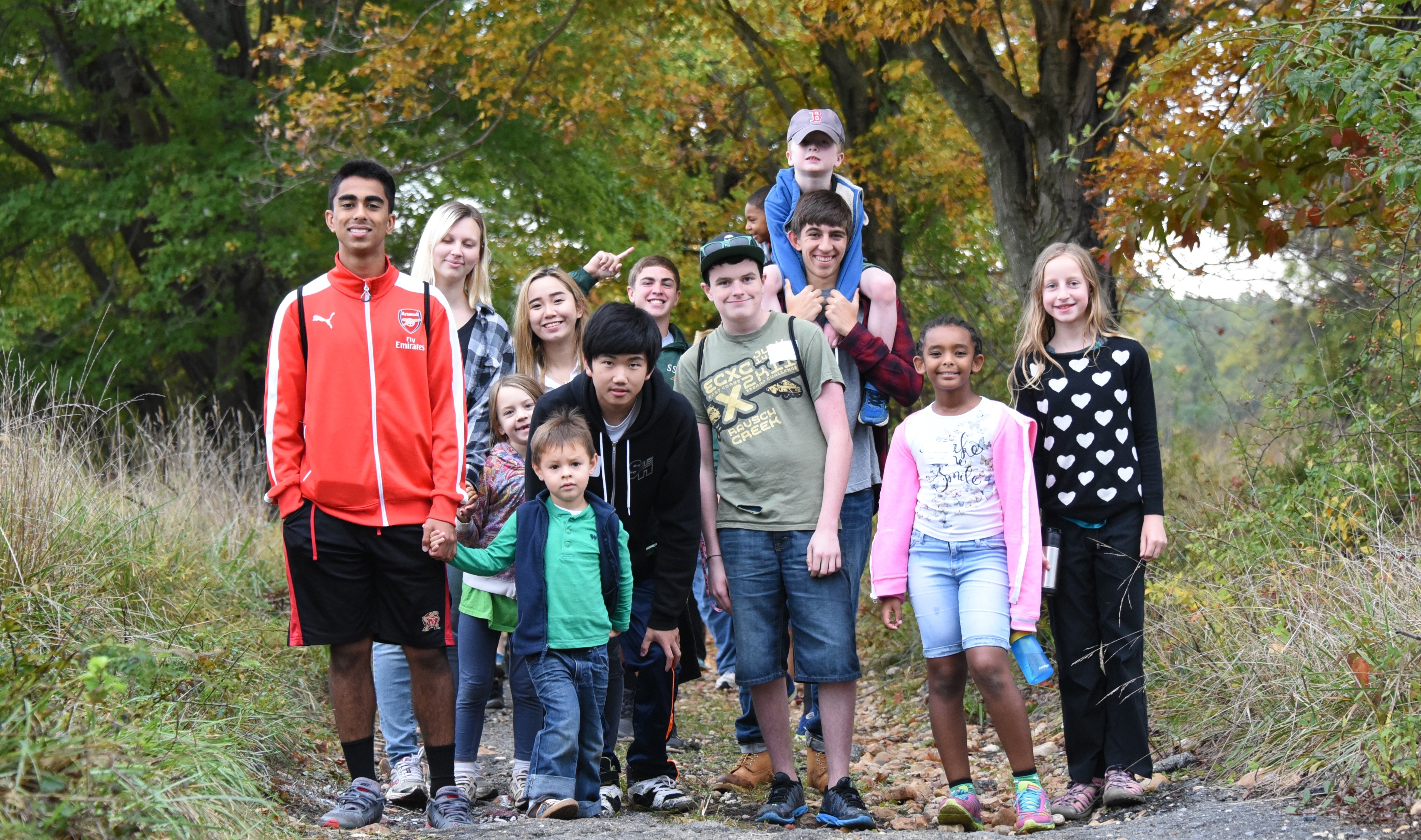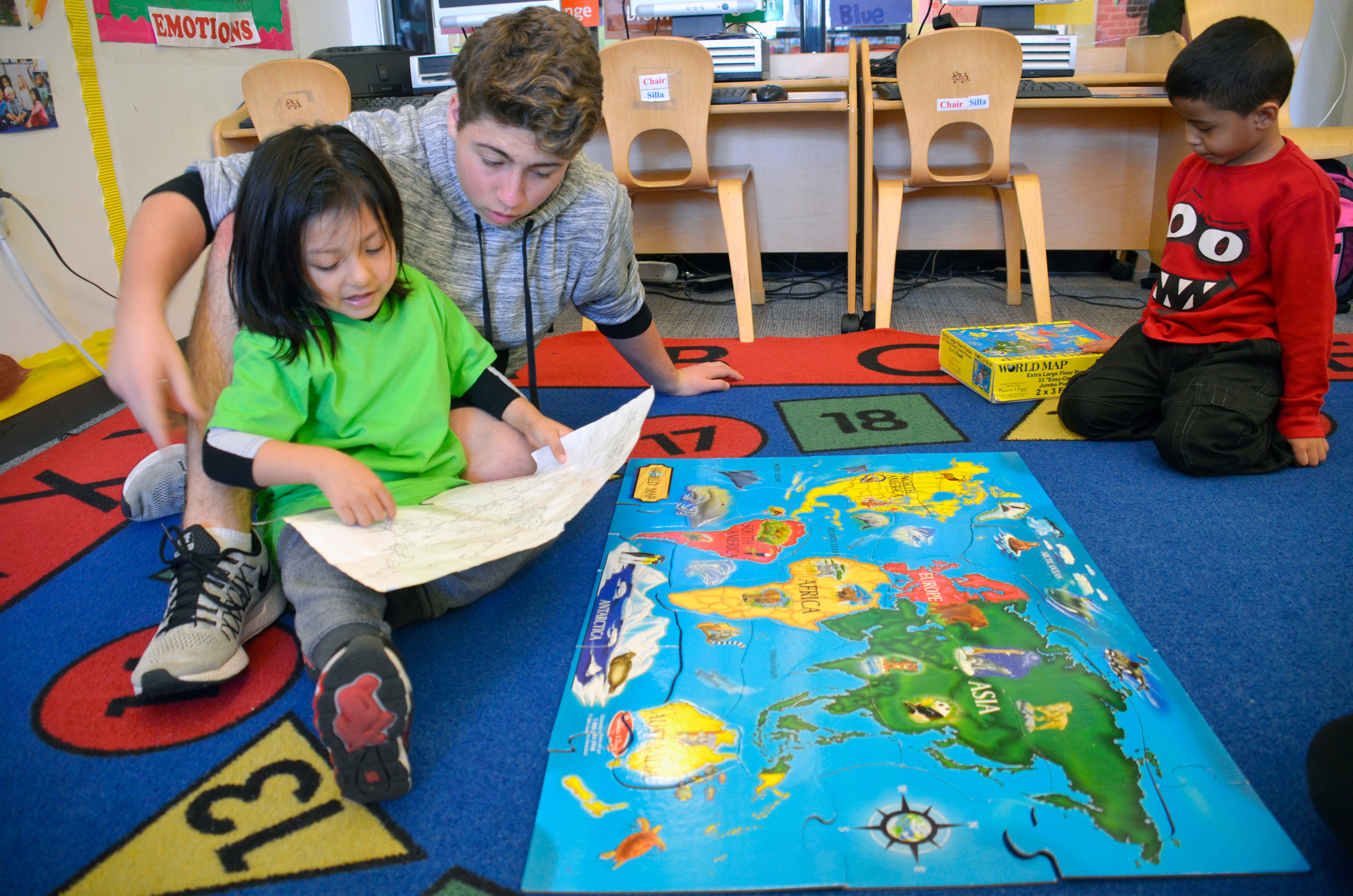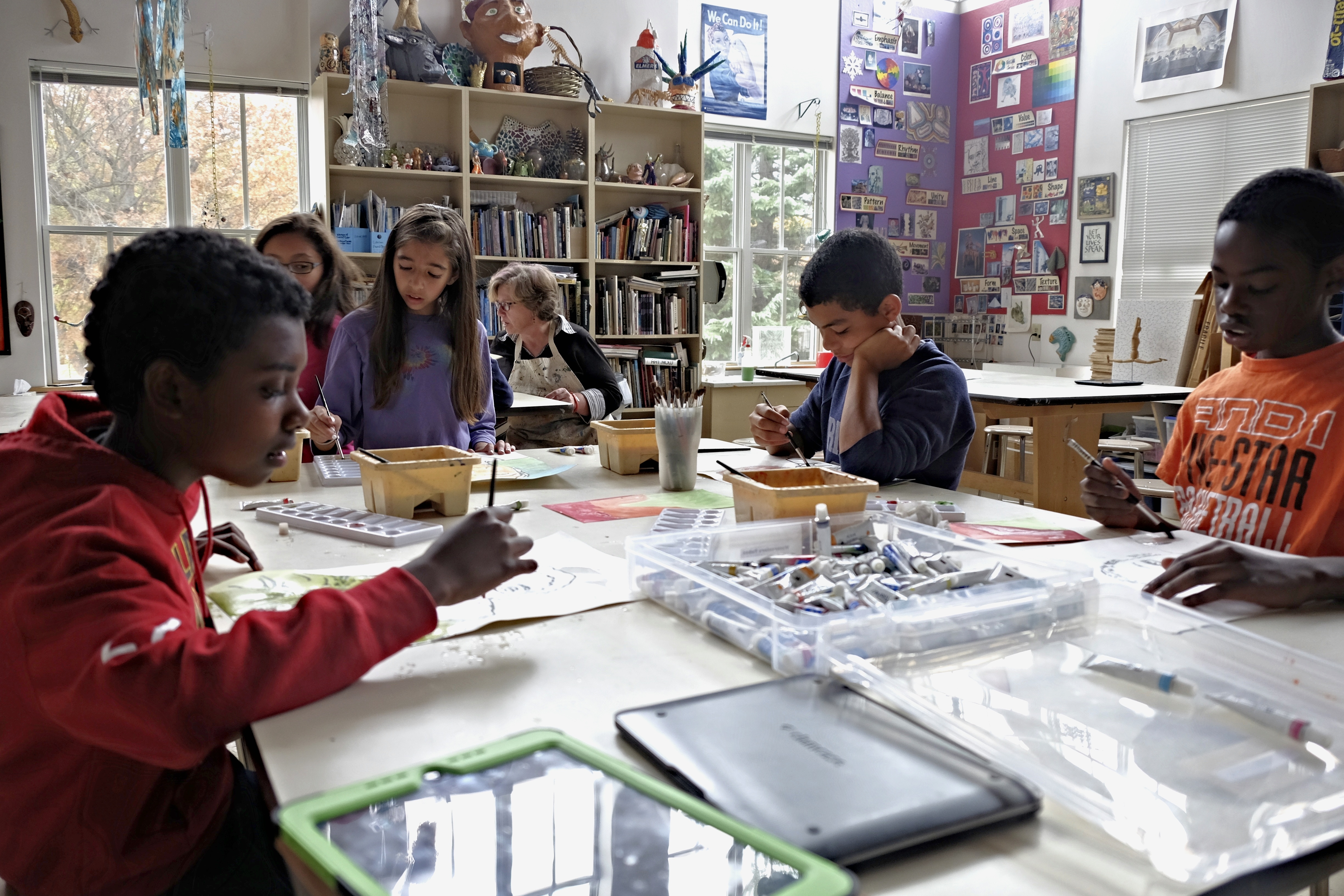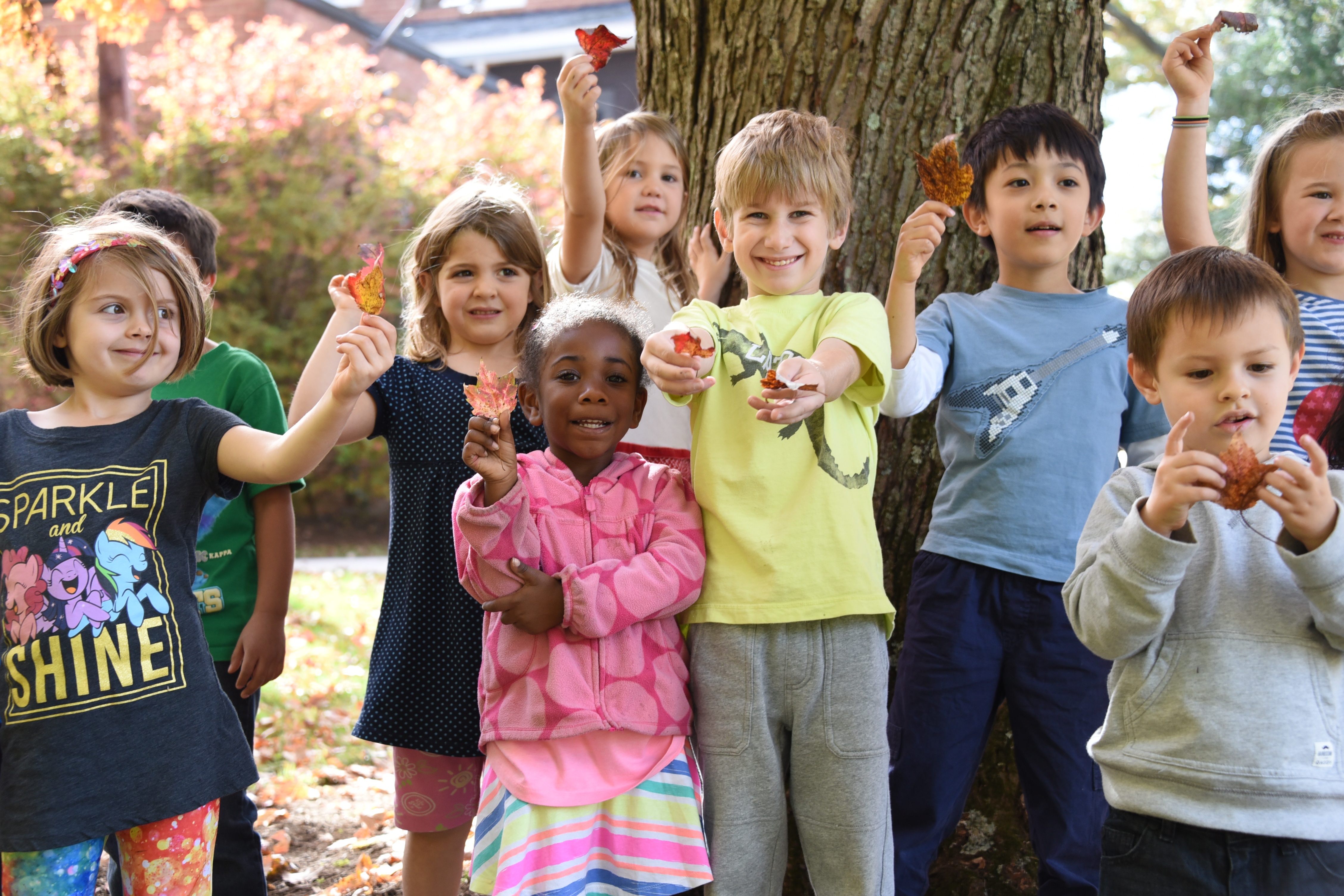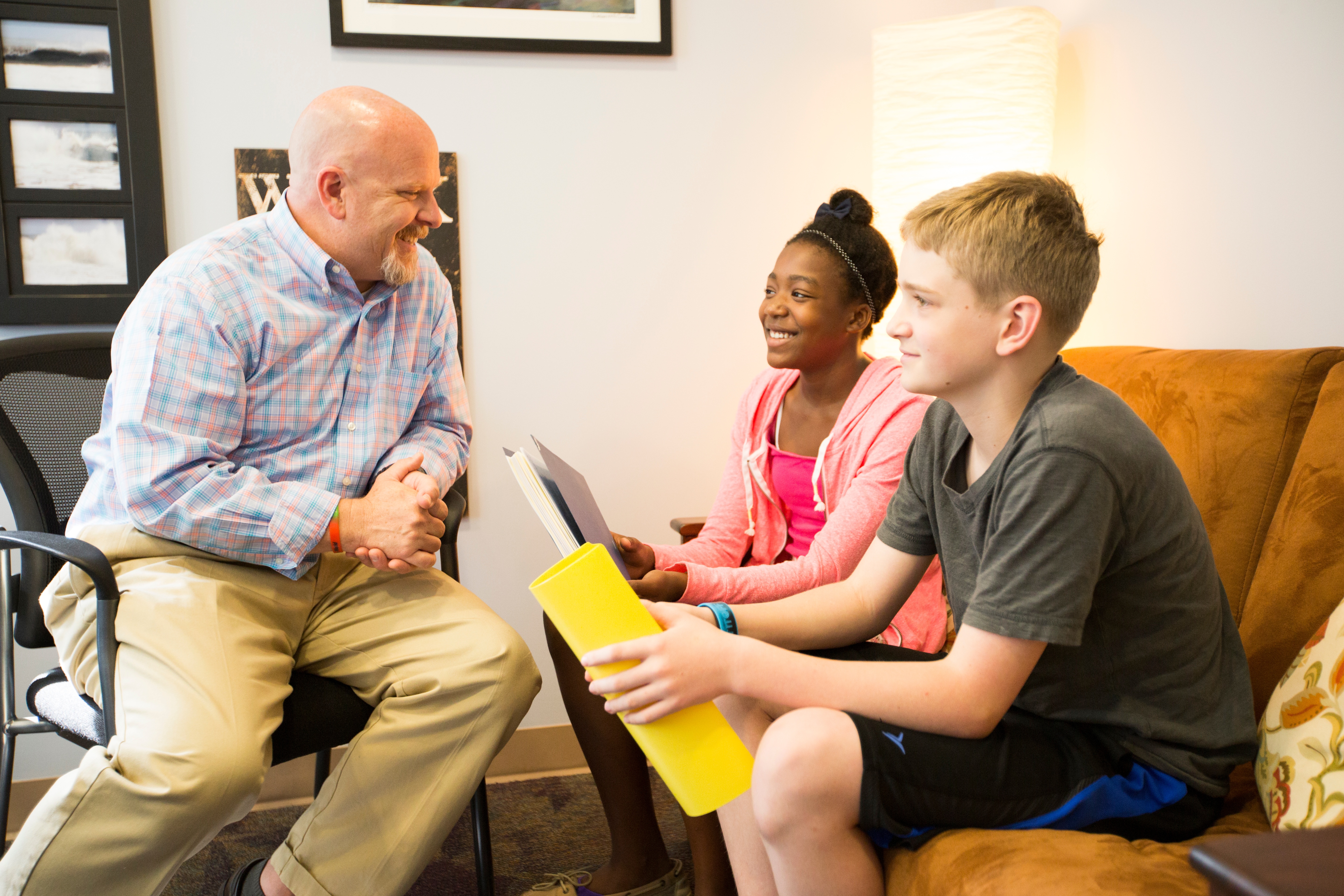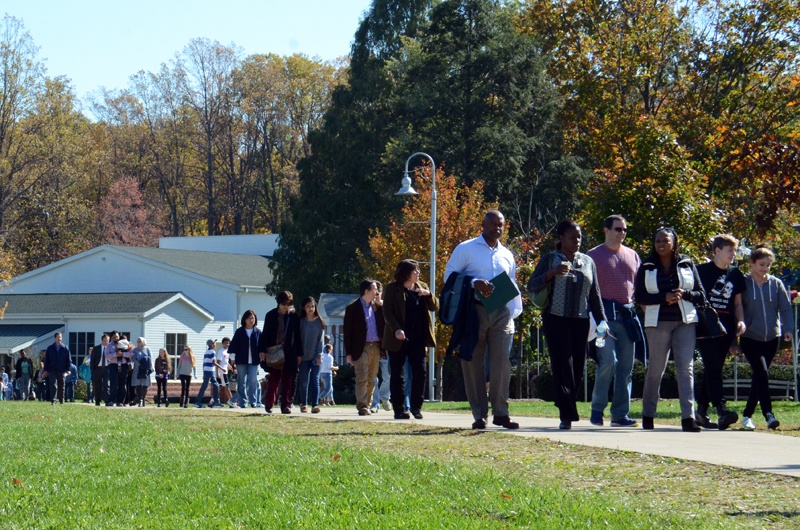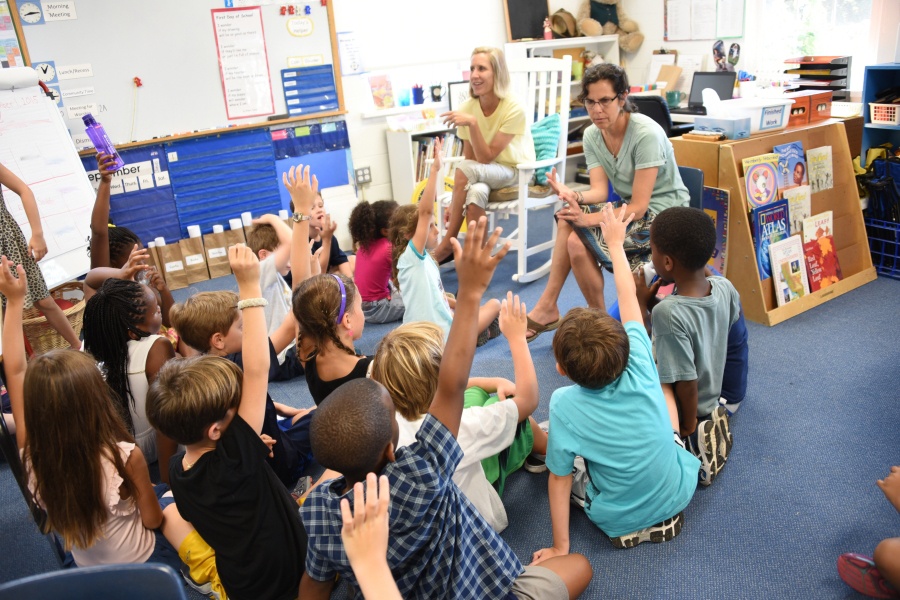Perhaps each generation struggles with how to empower the generations that come after them. It bothers me that my generation, the “baby boomers,” trips over this. I was born in 1960, towards the end of the baby boomer generation; I was old enough to witness (if still too young to fully respond to) the calls for local and global social justice, a reawakening of the environmental movement, the expansion of creative expression, and the rebalancing of political power structures that took place during the 60’s and early 70’s.
Many in my generation have seen ourselves as change agents, advocates, and crusaders. So why have we, who were so vocal about engaging and changing the world, who sought to wrest the tiller from the hands of our elders, not found better ways to empower the next generations of change agents and leaders?
Today’s young people have been described as the most anxious and most compliant generation in American history, shouldered with debt, ill-served by their schools, hunkered down in an age of mega-institutions, terrorism, and looming climate change, strung out on social media.
And yet there is good news - lots of it. Young people are not waiting around for us to empower them. They are empowering themselves. They’re not strung out on social media, they are using new media tools to build community and address the problems they see.
Here are three counterexamples that make false pervasive pessimism and low expectations:

